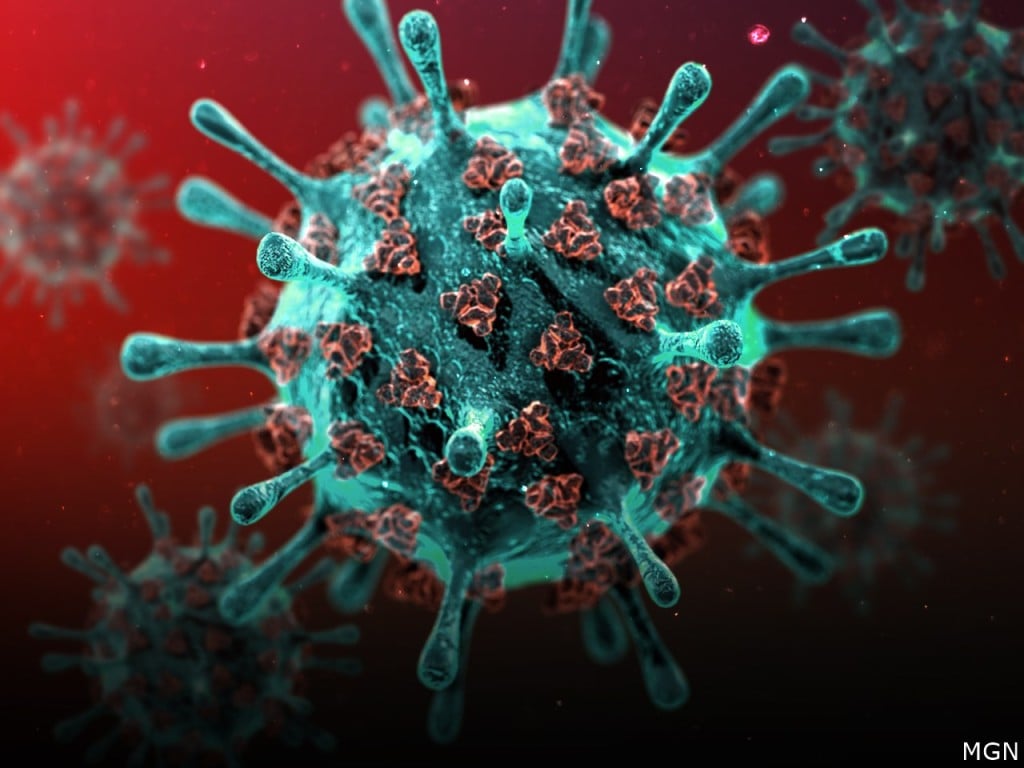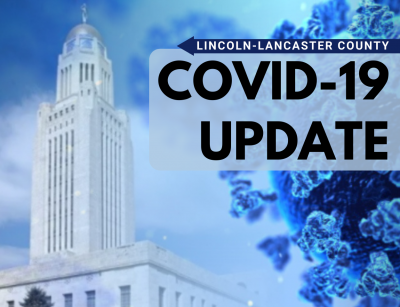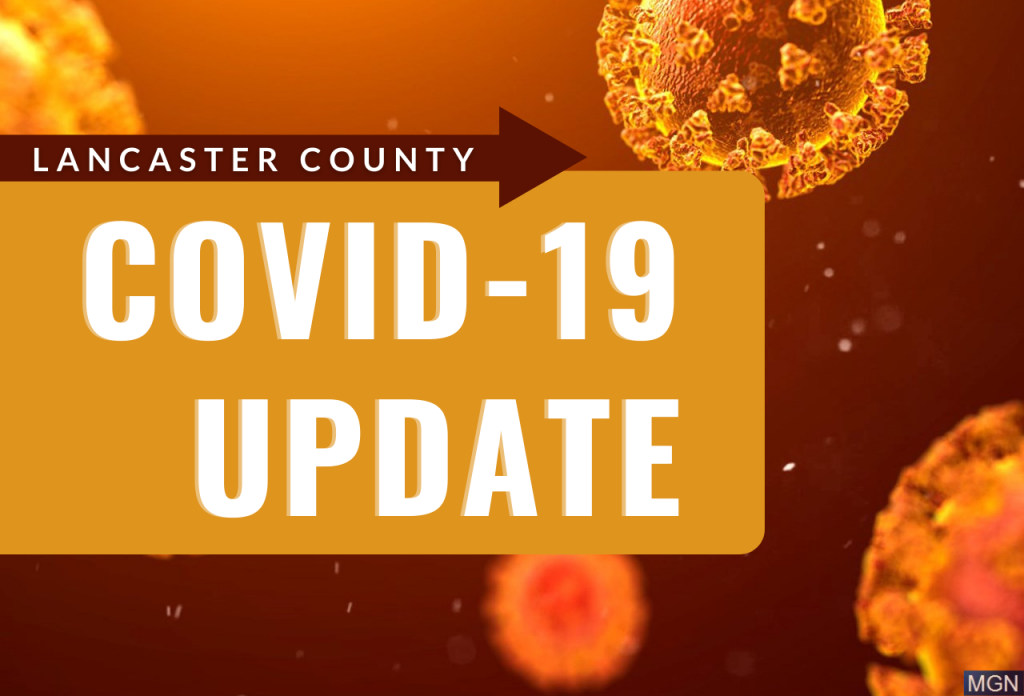FDA authorizes second COVID-19 booster for older and immunocompromised individuals
LINCOLN, Neb. (KLKN) – The U.S. Food and Drug Administration authorized second booster doses for immunocompromised and older individuals.
The approval includes an authorized second dose of either Pfizer-BioNTech or the Moderna COVID-19 vaccines.
Emerging evidence suggests that a second booster dose of an mRNA COVID-19 vaccine improves protection against severe COVID-19 for the approved age group.
This action will now make a second booster dose of these vaccines available to other populations at higher risk for severe disease, hospitalization and death.
Previously, the FDA authorized a single booster dose for certain immunocompromised individuals following the completion of a three-dose primary vaccination series.
The agency amended the emergency use authorizations as follows:
- A second booster dose of the Pfizer-BioNTech COVID-19 Vaccine or Moderna COVID-19 Vaccine may be administered to individuals 50 years of age and older at least 4 months after receipt of a first booster dose of any authorized or approved COVID-19 vaccine.
- A second booster dose of the Pfizer-BioNTech COVID-19 Vaccine may be administered to immunocompromised individuals 12 years of age and older at least 4 months after receipt of a first booster dose of any authorized or approved COVID-19 vaccine.
- This includes people who have undergone solid organ transplantation, or who are living with conditions that are considered to have an equivalent level of immunocompromise.
- A second booster dose of the Moderna COVID-19 Vaccine may be administered at least 4 months after the first booster dose of any authorized or approved COVID-19 vaccine to immunocompromised individuals 18 years of age and older.
“Current evidence suggests some waning of protection over time against serious outcomes from COVID-19 in older and immunocompromised individuals. Based on an analysis of emerging data, a second booster dose of either the Pfizer-BioNTech or Moderna COVID-19 vaccine could help increase protection levels for these higher-risk individuals,” said Peter Marks, M.D., Ph.D., director of the FDA’s Center for Biologics Evaluation and Research. “Additionally, the data shows that an initial booster dose is critical in helping to protect all adults from the potentially severe outcomes of COVID-19. So, those who have not received their initial booster dose are strongly encouraged to do so.”
The change applies only to the Pfizer-BioNTech and Moderna COVID-19 vaccines. The authorization of a single booster dose for other age groups with these vaccines remains unchanged.
The agency will continue to evaluate data and information as it becomes available when considering the potential use of a second booster dose in other age groups.



